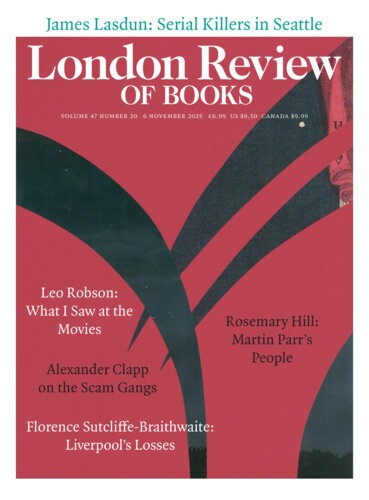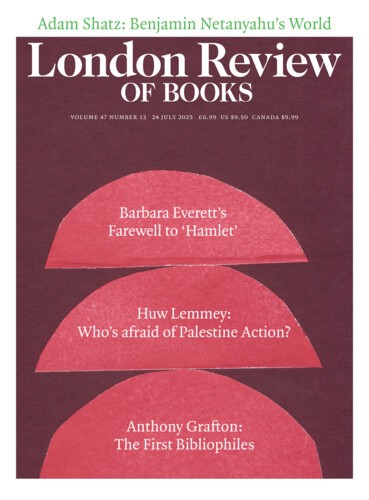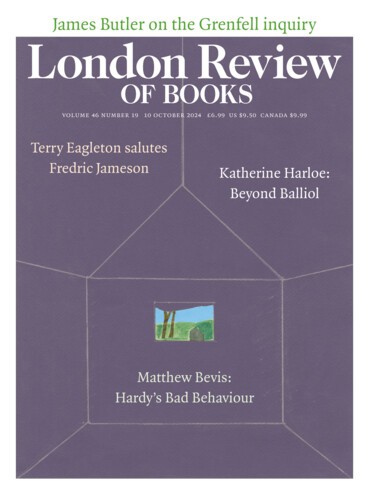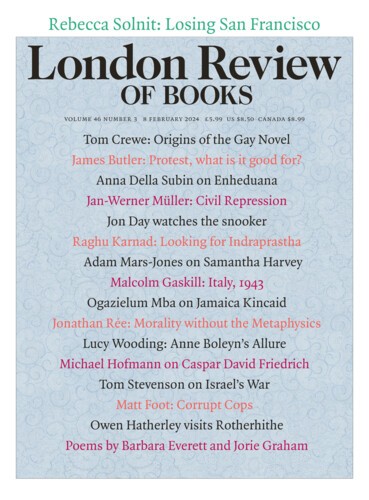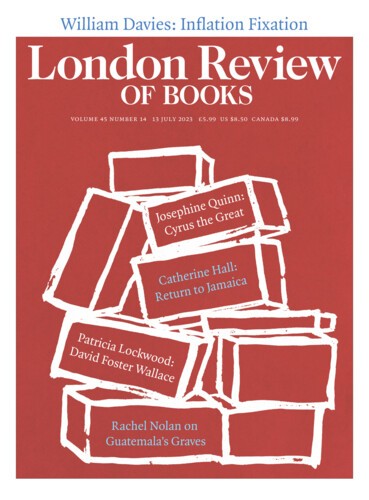Gloomth: Haunted Houses
Jon Day, 6 November 2025
In 1991 Jeffrey Stambovsky sued the previous owners of his house in the village of Nyack, New York for failing to disclose that it was haunted. Stambovsky, an out-of-towner, argued that locals had known for years about the ghosts living in 1 La Veta Place: a couple dressed in 18th-century clothing, a naval lieutenant from the Revolutionary era and a poltergeist who would rattle beds in the...
